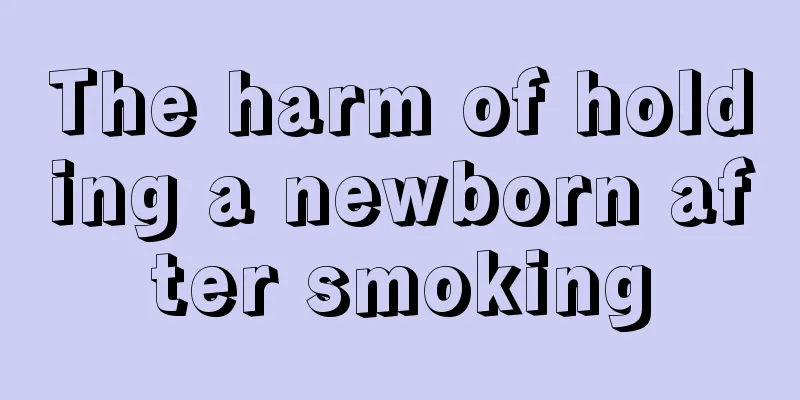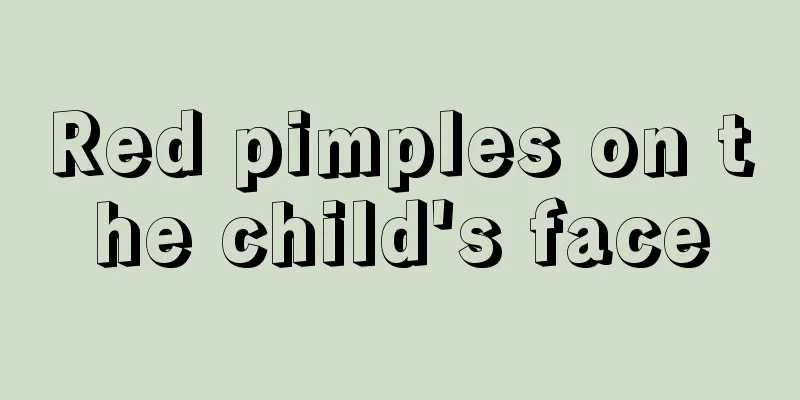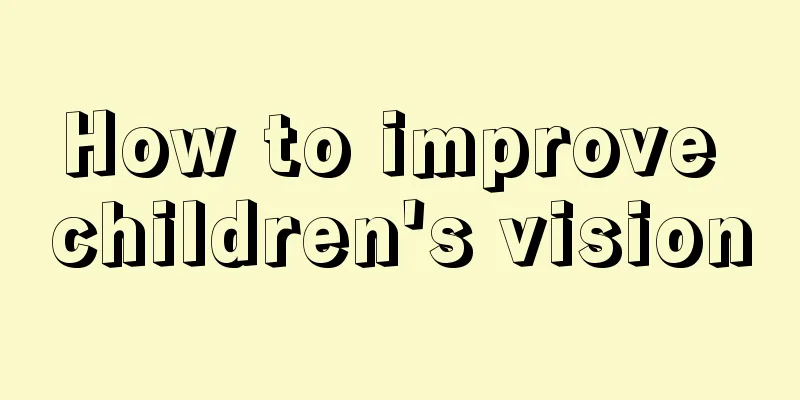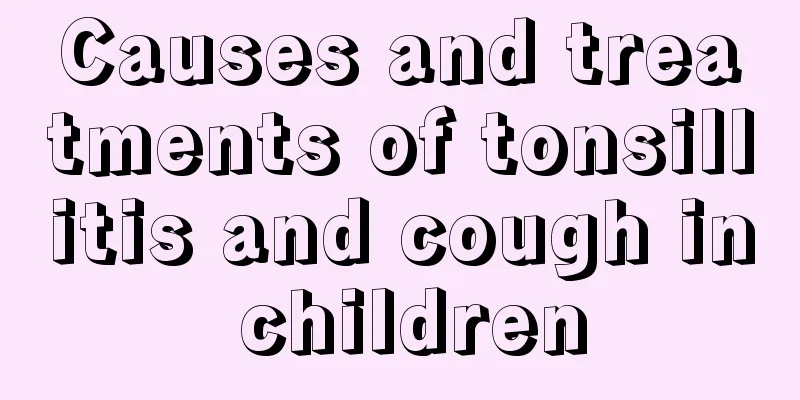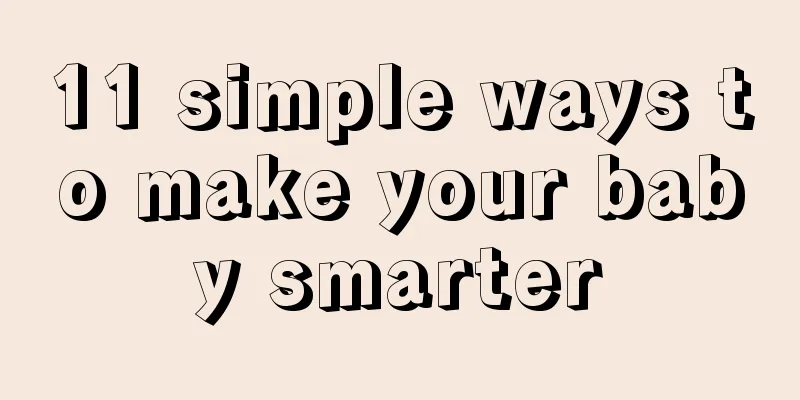At what age do children lose their teeth?
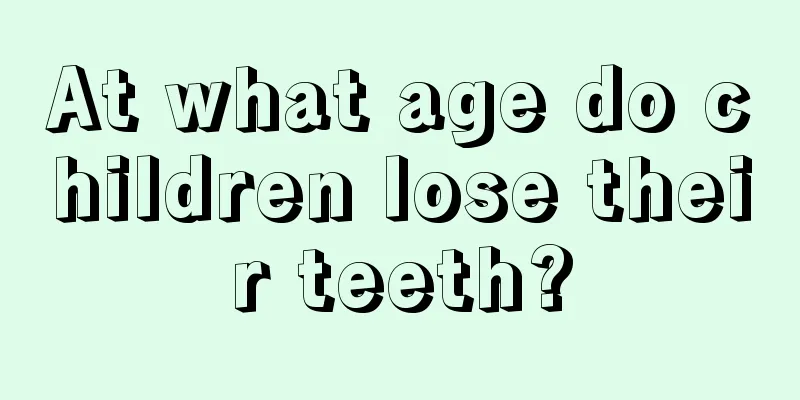
|
After a child is born, the baby teeth need to grow out first. When the child is five or six years old, the baby teeth will start to fall out. At this time, the child will grow permanent teeth. Most children will cry during the process of teething, especially when replacing permanent teeth. It will be painful if the baby teeth keep shaking and not falling out. Therefore, parents should help their children pay attention to oral hygiene. So at what age do children lose their teeth? Normal. The age range from 4 to 12 is the period of tooth replacement, and it is normal at this age. Generally, let them grow naturally, unless two teeth grow together, then you should see a dentist. A person grows teeth twice in his life, once is the deciduous teeth, and once is the permanent teeth, which are adult teeth. The permanent tooth germs begin to develop and calcify after birth and start to erupt at the age of 6-7. There are 32 permanent teeth in total, and they are usually fully erupted by the age of 20. When the permanent teeth erupt, the deciduous teeth fall out one after another, and the time sequence is as follows: At the age of 6, the two lower incisors come out, and at the same time, the first large molar, commonly known as molar, comes out behind the second deciduous molar, one on the upper and lower left and right; the two lower deciduous incisors fall off. At the age of 7, the two upper front teeth came out and the two deciduous front teeth fell out. At the age of 8, the upper and lower incisors come out, and the upper and lower deciduous incisors fall out. At the age of 9-10, the lower canines and the first bicuspids (one on each side, upper and lower) emerge, and the lower deciduous canines and the first deciduous molars (one on each side, upper and lower) fall off. At the age of 10 to 11 years, the upper canines emerge and the upper deciduous canines fall out (one on each side). At the age of 11 to 12, the upper and lower second canines come out (one on each side), and the upper and lower third deciduous molars fall off (one on each side). Generally, all the deciduous teeth fall out at the age of 12 to 13, and then only permanent teeth, namely molars, come out. The second molars come out at the age of 12, and the third molars come out at the age of 18, every 6 years, hence the name 6-year-old teeth. However, some people do not get these teeth until around 30 years old, and some individuals do not get them at all. |
<<: What is the cause of the child's convulsions?
>>: Children often have high fever
Recommend
The baby's lymphocytes are high and the neutrophils are low
In fact, the physical fitness of a newborn baby i...
What is the cause of the child's diarrhea and bubbles?
When children have diarrhea, parents are afraid t...
Is it prickly heat or eczema if the baby has red spots on his body in summer?
Every summer, many babies will have many small re...
How to correct children's hunchback?
The phenomenon of children suffering from hunchba...
Will a stye in a child heal on its own?
Stye is a very common disease. Most people do not...
How to deal with high jaundice in babies?
What to do if the baby has high jaundice and how ...
Baby has diarrhea and mucus in his poop
Since the baby is too young and cannot speak, if ...
What is the recipe for eating pasta for a 1-year-old baby?
When the baby reaches a certain age, he can eat s...
What should I do if my child is a little anemic?
Anemia is becoming more and more common, especial...
At what age is it normal for babies to start talking?
For friends who have just become parents, they ar...
What to do if a 5-year-old girl has vulvar itching
Under normal circumstances, the vaginal area of ...
What are the symptoms of hearing impairment in babies?
A baby's development is multifaceted, includi...
What kind of food is better for children to eat to nourish their brains before the high school entrance examination?
It is common to see middle school students rushin...
What should I do if my baby has red spots on the palms and soles of his feet?
The baby's body resistance is very low, and t...
Why are the skin on my child's fingers peeling?
Children are lively and active by nature. However...


